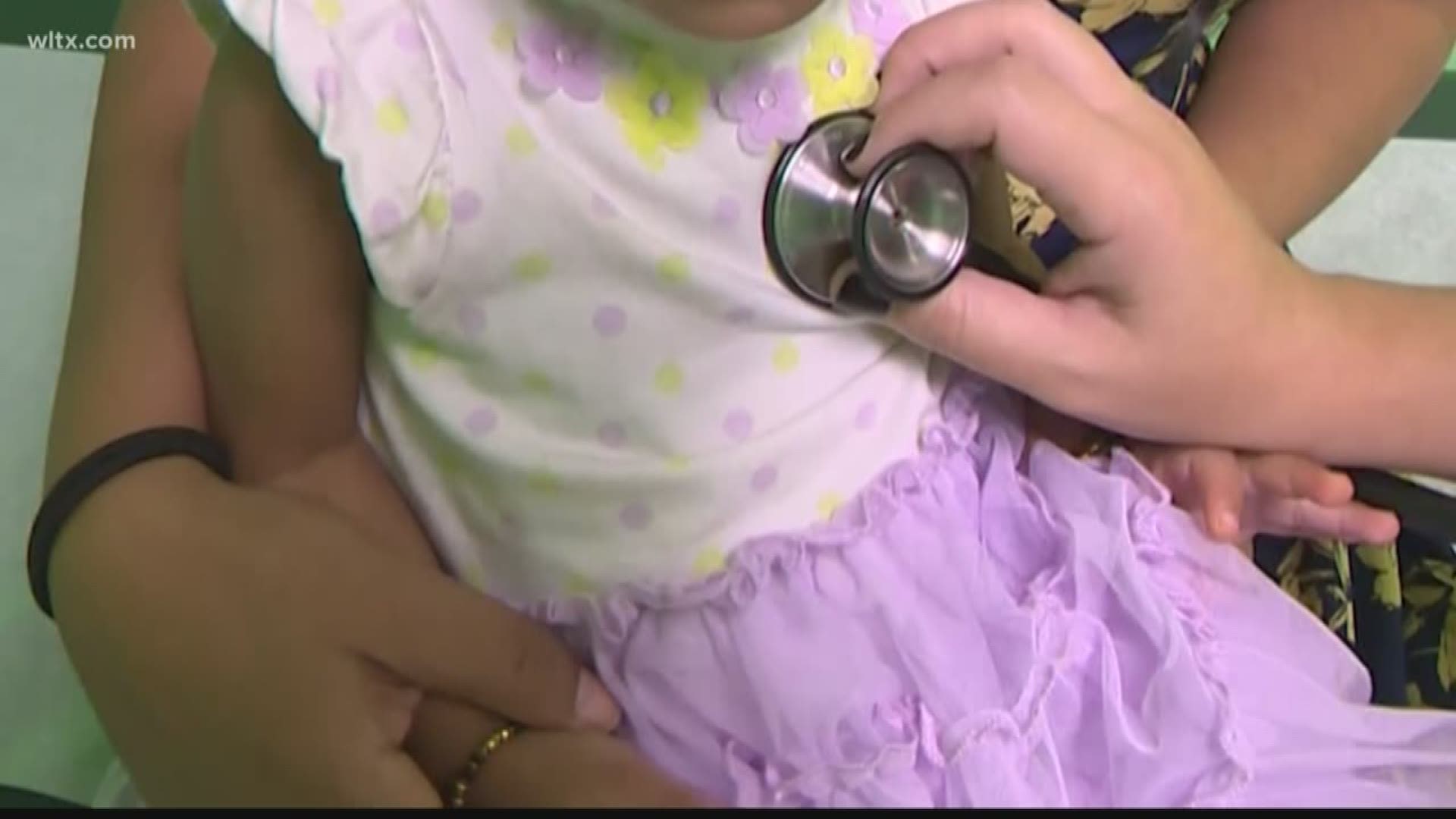When kids go back to school, they bring home more than homework.
They bring home runny noses, sore throats, upset stomachs and fevers from germs! Those tiny organisms and living things, that can cause disease.
The four major types of germs include bacteria, viruses, fungi and protozoa.
Germs exist all around us and are found all over the world including classrooms.
According to The University of Pittsburgh the biggest culprits of the microorganisms are cafeteria trays and plates, water faucets and computers. Classroom water fountains have over eight hundred times the number of germs when compared to a school toilette seat. Swabbing in at millions not thousands.
Germs are sneaky and tend to creep onto the body with no notice.
The bugs most likely to invade classrooms cause the common cold and flu, gastroenteritis or stomach bug, conjunctivitis known as pink eye, hand, foot and mouth disease, and head lice. Most germs spread through the air in sneezes, coughs, or even breaths, and pass from person to person by direct contact. According to pediatricians’ kids easily spread these germs and can get sick from six to twelve times a year. That equals to once a month for some kids or at least every other month for others.
Before your kids head off to class, help them teach germs a lesson and prevent the spread of gastrointestinal and respiratory diseases with these doctor recommended tips.
Wash Hands.
Small fingers are constantly picking up thousands of germs. Encourage kids to keep them away from their face. Like a vampire, have them cover their nose and mouth with the crook of their elbow when sneezing and coughing. Propper hand hygiene has been shown to reduce the spread of gastrointestinal illnesses by 31 percent and respiratory illnesses by 21 percent. Remind kids to wash their hands throughout the day, especially after using the bathroom, before eating lunch and after using shared school equipment, like computer keyboards.
Wipe off.
Backpacks are one of the best ways to cart around books and school supplies. They also have the potential to carry bacteria: including fecal matter. Its good practice to wipe them down often along with keyboards, door handles and tables.
Get moving, eat healthy and go to bed.
Physical activity and a balanced diet rich in fruit and vegetables can provide nutrition and fire up your body’s response to illness. According to research people who exercise regularly (five or more times a week) get fewer colds, or at least colds of shorter duration, than people who aren’t as active and that includes play time. Researchers also found that exercise stimulates the immune system by preparing cells to fight invading pathogens. In other words, the more your children move, the more ready their bodies are for battling bacteria and viruses.
Get Vaccinated.
The Centers for Disease Control and Prevention says millions of children every year get sick with seasonal influenza. Thousands are hospitalized and some children die. The single best way to prevent the flu is to get an annual flu shot. Vaccines also protect your child as well as other children around them against some of the oldest and most infectious communicable diseases like measles.
Don’t be a germo-phobe.
Some bacteria are beneficial for our bodies, they help keep them in balance and strengthen the body’s ability to fight infections. In the first year of life, babies exposed to household germs, animal dander and insect allergens appear to have a lower risk of developing asthma and allergies. Sterilizing your environment may do more harm than good by leading to antimicrobial-resistant bacteria
If your child does get sick despite your best efforts, The American Academy of Pediatrics says most common illnesses, like a cold, are not harmful. States have different rules, but in general, the AAP recommends kids staying home from school if you answer yes to these three questions.
Is your child too sick to comfortably take part in activities?
Does your child need more care than the school staff can give without affecting the health and safety of other children?
Could other children get sick from being near your child?
If your child brings home something unpleasant check in with your pharmacist and consider scheduling a visit with your family doctors or pediatrician.

